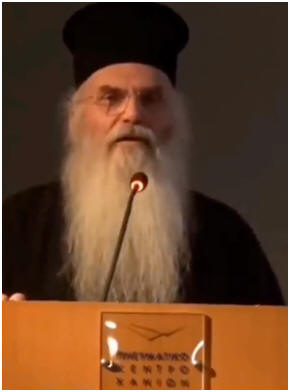[....Two
people declare their love; so... why shouldn’t they get married,
even if they are of the same sex?
Well, no... because the purpose of love is to create a
UNION. I will tell you
what this means.
For a corporeal-spiritual union to be achieved, that is, of bodies
and souls – we can begin to tackle the subject here, by examining
what the bodily union entails.
Individuals need to “complement” each other - not be identical to
the other, but be complementary.
No such (complementing) union can be achieved between two men,,, (I
apologize if I seem to be hinting at something else)... nor between
two women.
1.
Anatomically
speaking, such a union is achieved with one
man and one woman. One of each
kind.
2.
There is the matter of physiology - observe how beautiful the physiology
of the human body is.
All the systems of human bodies are the same – both in a man’s body and
in a woman’s body. Kidney
function is the same for a man and for a woman; So is their respiratory
system and their digestive system and their liver function....
Everything.
The only difference is in their reproductive system.
And one more thing: The
digestive and all the other systems take place
inside the body :
they are fulfilled by serving the
body’s needs.
But the reproductive system does not function internally for the
body’s
needs.
3.
All bodily functions occur reflexively: I cannot suddenly halt my kidney
function - I can’t do something to make it stop. It is simply not
possible.
However, that function (of the reproductive system) is subservient to
human monitoring, so that a person can – with self-government – control
it. Point One.
Point Two. The function of the
reproductive system demands a second person – with a physiology and a
biology that are complementary to
the first person's.
All cells are almost identical.
But genetic (reproductive) cells differ. Thus we have ovules –
which have haploid*
(single) genomes - whereas all cells have diploid*
(double) genomes – that is, they are “complete” on their own.
Then we have sperm cells which are also with a haploid genome. And what
do they want? Well, an
ovule can’t achieve a union with another ovule; nor can a sperm cell
achieve a union with another sperm cell.
A sperm cell can achieve
union, only with an ovule.
That’s how things work!
No-one has succeeded in making things work differently!
THAT is the physiology of bodies....]
*

*Haploid refers to the
presence of a single set of chromosomes in an organism's
cells.
Sexually reproducing organisms are diploid (having two
sets of chromosomes, one from
each
parent).
In humans, only the egg and sperm cells are haploid.
*Diploid is a term that refers to the
presence of two complete sets of chromosomes in an
organism's cells, with
each parent contributing a chromosome to each
pair.
Humans are diploid, and most of the body's cells contain
23 chromosomes pairs.
***************************************

( Why both such "marriages" need biological
third-party wombs to be called "parents"... )

Translation by A. N.
|



